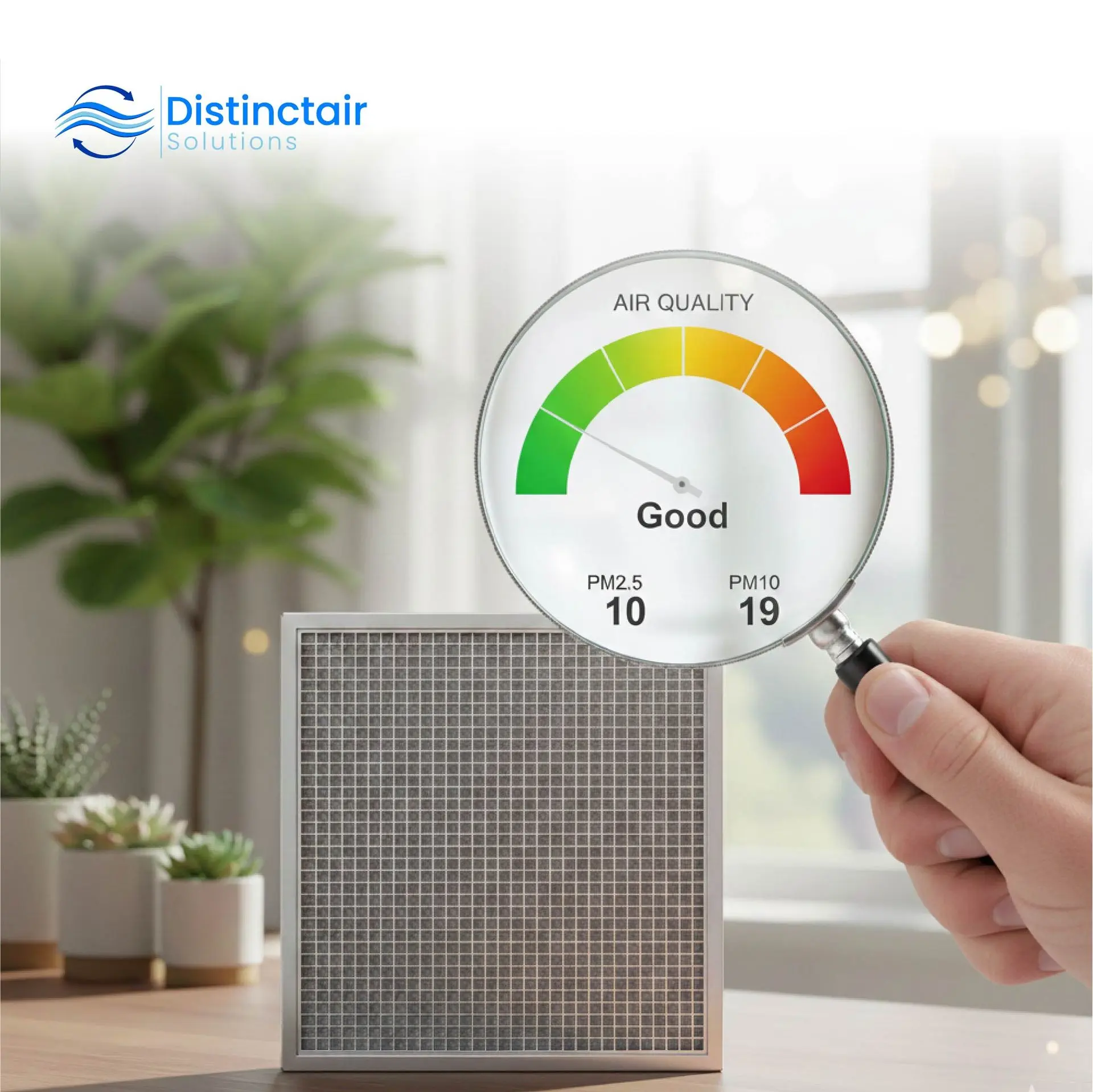The Airborne Transmission of Viruses and How Filtered Air Can Help Reduce the Spread
The COVID-19 pandemic has highlighted the importance of indoor air quality and its role in the transmission of viruses. Airborne virus transmission, including SARS-CoV-2, has become a major concern, prompting many Canadians to seek effective ways to reduce the risk of infection in their homes and workplaces.
Airborne Transmission of Viruses
Respiratory viruses, such as SARS-CoV-2, primarily spread through respiratory droplets expelled when an infected person speaks, coughs, or sneezes. However, studies have shown that these viruses can also spread via aerosols – tiny airborne particles that can remain suspended in the atmosphere for hours and travel long distances.
A study published in the Journal of Hospital Infection revealed that aerosols can contain active viral loads for several hours, increasing the risk of infection for individuals in poorly ventilated enclosed spaces. Additionally, another study from the University of Minnesota demonstrated that viral particles can be detected in the air up to 16 hours after being emitted.
The Importance of Air Filtration
In this context, air filtration presents an effective solution to reduce airborne virus transmission. Air filtration systems can capture and remove viral particles from indoor air, reducing the concentration of suspended viruses and, consequently, the risk of infection.
According to the ASHRAE (American Society of Heating, Refrigerating and Air-Conditioning Engineers), high-efficiency air filters can capture a wide range of particles, including viruses. This is particularly relevant in indoor environments where natural ventilation is limited.

Statistics and Studies on Air Filter Effectiveness
A study conducted by the Centers for Disease Control and Prevention (CDC) showed that using portable air filters can significantly reduce the concentration of airborne viral particles in enclosed spaces. This significant reduction can help lower the transmission of viruses in homes, offices, and schools.
Additionally, research published in The Lancet examined the effectiveness of air filtration in schools and concluded that improving indoor air quality through proper filtration systems could reduce respiratory infections by 50% to 75%. These findings underscore the importance of air filtration as a preventive measure against the spread of airborne viruses.
Protecting Canadians with Protair-X Air Filters
For Canadians concerned about indoor air quality in their homes, Protair-X air filters offer a robust and reliable solution. Made in Canada and equipped with patented antimicrobial technology, these filters are designed to capture and neutralize viruses, bacteria, and other harmful particles.
Protair-X filters use exclusive 3D filtration technology and antimicrobial-treated polypropylene fibers that capture viral particles while preventing the proliferation of microorganisms. By integrating these filters into home HVAC systems, Canadians can reduce the risk of virus transmission and improve indoor air quality.
Conclusion
In conclusion, air filtration is a crucial measure to reduce the spread of airborne viruses, particularly in the context of the COVID-19 pandemic. Studies show that effective filtration systems can significantly reduce the concentration of viral particles in indoor air, thereby lowering infection risks. For Canadians, using high-quality air filters like Protair-X can offer additional protection and contribute to a healthier, safer indoor environment.
References:
1. Journal of Hospital Infection